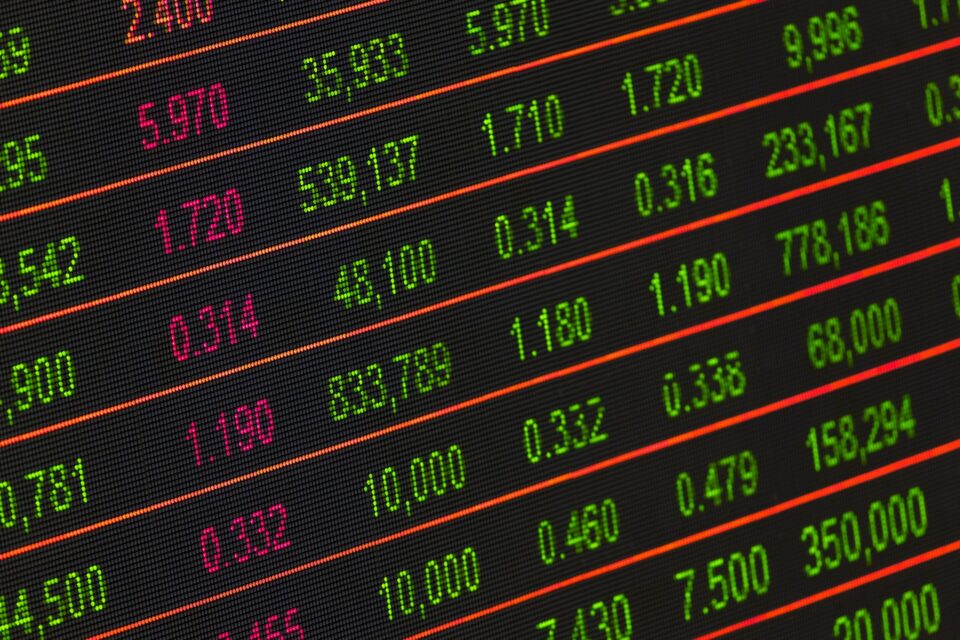Often matched with IPOs and stock performance in the future, a grey market a.k.a parallel market, is one where trading of goods takes place outside the domain or territory of the manufacturer’s official trading channels.
Let’s understand it with an example: A small business named ‘B’ is selling merchandise of a company named ‘A’ even though they are not the authorized dealers in the market. However, it is important to note that the small businesses doing this are legal entities.
How is it different from the BLACK MARKET?
A black market, on the other hand, deals with goods that are smuggled into the country to avoid paying import duties and other involved charges. Since stocks are bought and sold in the stock market (like any other market), a parallel market exists here too.
What is IPO grey market?
An IPO grey market is one where a company’s shares are bid and offered by traders unofficially. This takes place before the shares are even issued by the company in an Initial Public Offering (IPO).
Since this is an unofficial market, there are no rules and regulations. Market regulators like the Securities and Exchange Board of India (SEBI) are not involved in these transactions. The regulator doesn’t endorse this either.
these markets are generally run by a small set of individuals. All deals are based on mutual trust.
Also read: IPO related key terminologies and their meanings
Grey Market Premium
Grey market premium is nothing but the price at which the shares are being traded.
For instance, let’s assume the issue price for stock X is Rs 200. If the grey market premium is Rs 400, it means that people are ready to buy the shares of company X for Rs 600; (i.e. 200+400). This is how a typical deal works out in the grey market.
For instance, a company has come up with an IPO. The issue price is Rs 100. The grey market premium is Rs 30. This means that the investor is willing to pay Rs 30 above the issue price and buy the shares at Rs 130 (Rs 100 + Rs 30).
He does this because he believes the stock will list at an even higher price. Hence, he doesn’t mind paying a premium for these shares.
On the contrary, imagine if the grey market premium is (Rs -30). This means that the investor is willing to sell the shares at a discounted price of Rs 70 (Rs 100 – Rs 30). This is because he is expecting the shares to list at an even lower price.
Grey Market Premiums and their Implications
- If the market premium is high, investors are positive that the share might perform better upon listing.
- If the premium is low or negative, investors are uncertain about the performance of share upon listing.
By analyzing GMP you can easily gauge how the stock might perform on a listing day.
One thing to note here is that GMP is not always constant. It keeps fluctuating according to the demand and supply of shares.
Also, the sentiments of the stock market tend to affect premium prices to a great extent. (Source)
Let’s understand this with another example. Ashwin is a trader in the stock market. He is allocated 500 shares at a certain issue price in an upcoming IPO.
Meanwhile, there are other investors, called ‘buyers’, who think that the value of the share is much higher than its issue price.
These buyers are ready to pay a ‘premium’ on the shares in the grey market. Dealers in the market contact investors like Ashwin, called ‘sellers’.
They decide to make a deal to sell the shares at a certain price (premium) that is higher than the issue price.
If Ashwin likes the deal and he is unwilling to take a risk with the stock’s listing, he sells his shares and books the profit.
Bottomline
As stated earlier, the grey market is an unofficial market. For a regular investor, this market can be best seen as an indicator of how the stock performs after it gets listed. (Source)
Are Grey Market Trades Legal?
No, grey market trades are illegal.
All trades in this market are undertaken on the basis of trust. So, there is substantial counterparty risk involved in grey market transactions. Since there are no regulatory bodies involved, trading in the grey market is considered risky. (Source)




